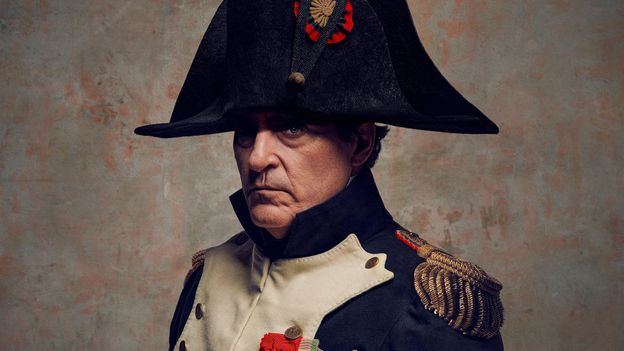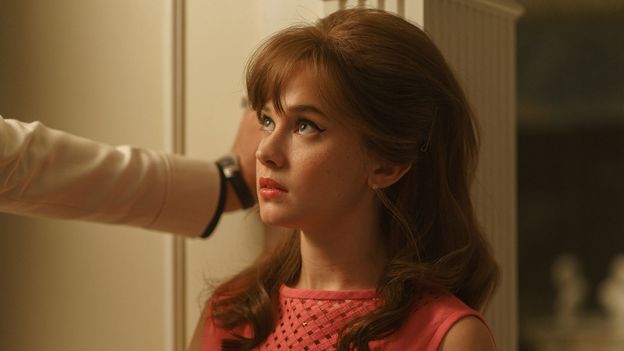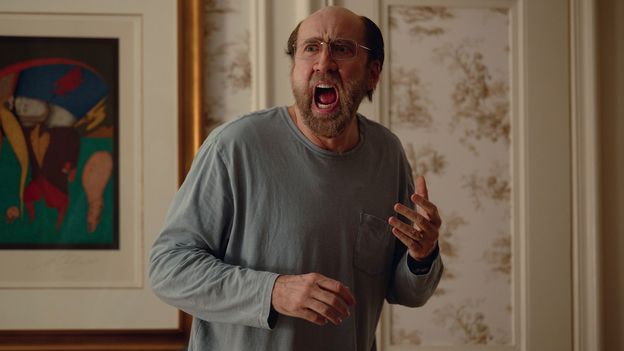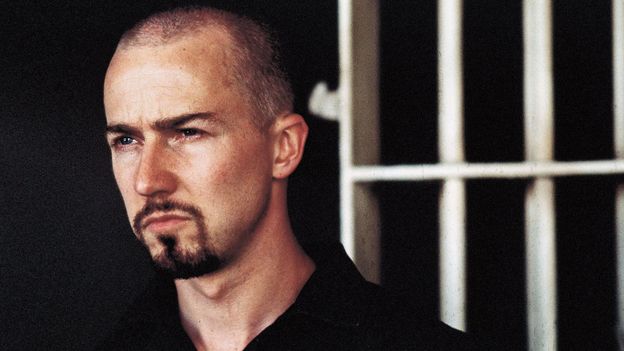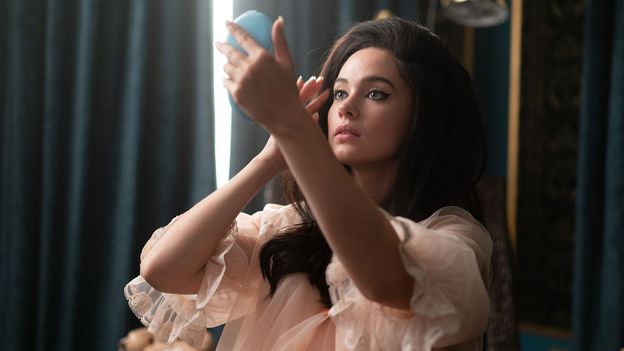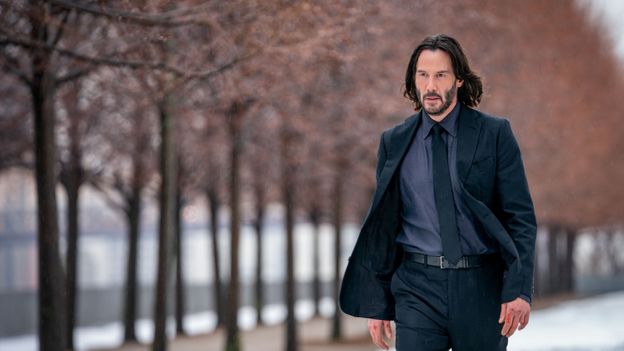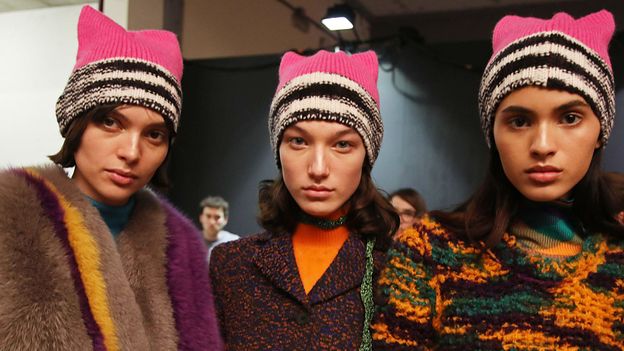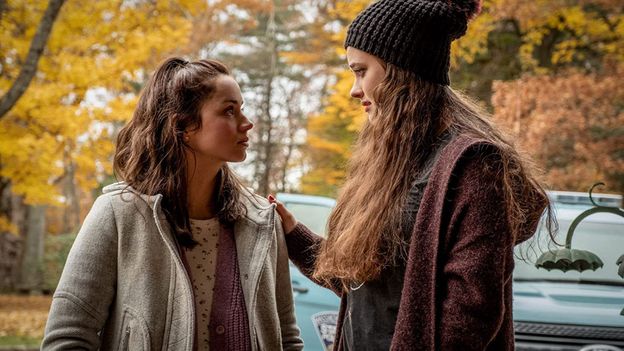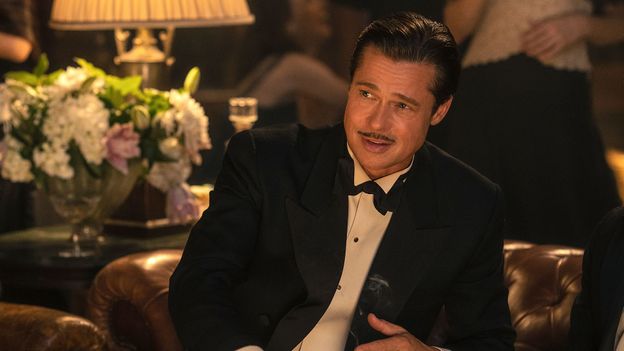(Image credit: Getty Images)
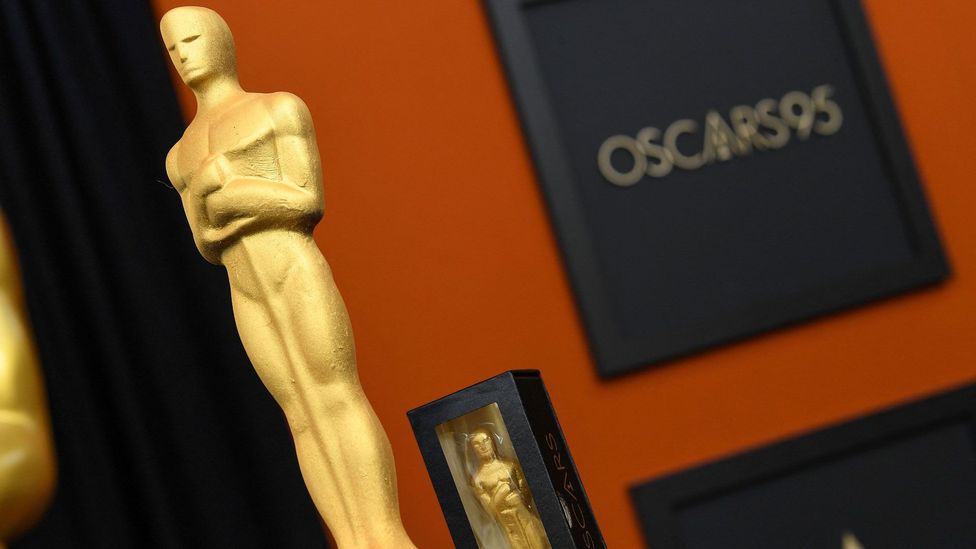
Ahead of the ceremony on Sunday night, BBC Culture film critics Nicholas Barber and Caryn James pick out the controversies and talking points from this year’s Academy Awards so far.
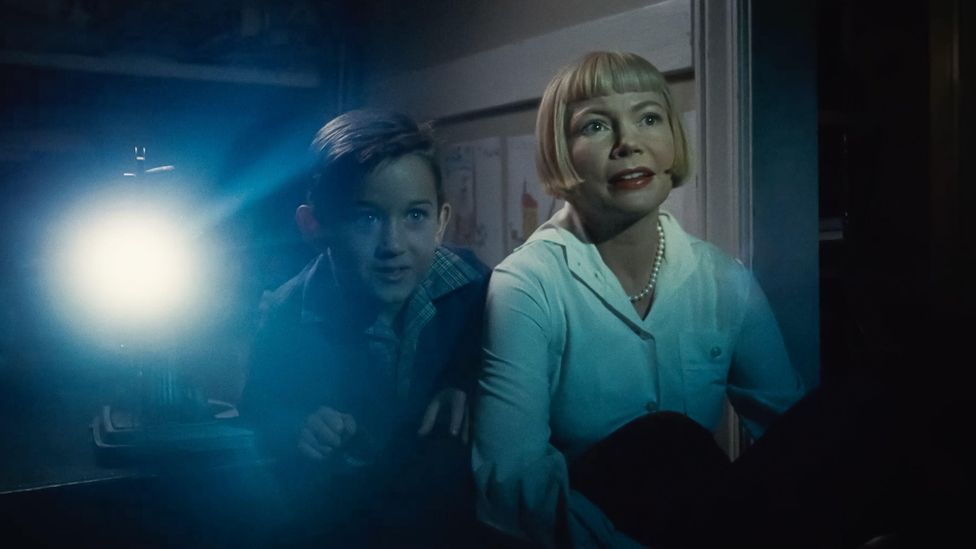
The Fabelmans (Credit: Universal Pictures)
1. Have the Oscars fallen out of love with Hollywood?
In 2022, cinema’s biggest hits were Top Gun: Maverick and Avatar: The Way of Water, two mega-budget sequels with mile-high brand names and billion-dollar box-office takings. Meanwhile, The Fabelmans is a love letter to cinema from Tinseltown’s most cherished director, Steven Spielberg. But even though all three films are nominated for best picture at the Oscars, none of them is tipped to win it. It’s strange that such major Hollywood prestige projects are being dismissed as also-rans already, but this year’s awards voters have shown a preference for quirky indie films. One favourite, Tár, is a three-hour examination of power structures within the classical music world. Another, The Banshees of Inisherin, is a gloomy fable about people sitting and grumbling in a rural pub. And the frontrunner for best picture is a crazy yet heartfelt, universe-hopping martial-arts fantasy, Everything Everywhere All at Once. (NB)
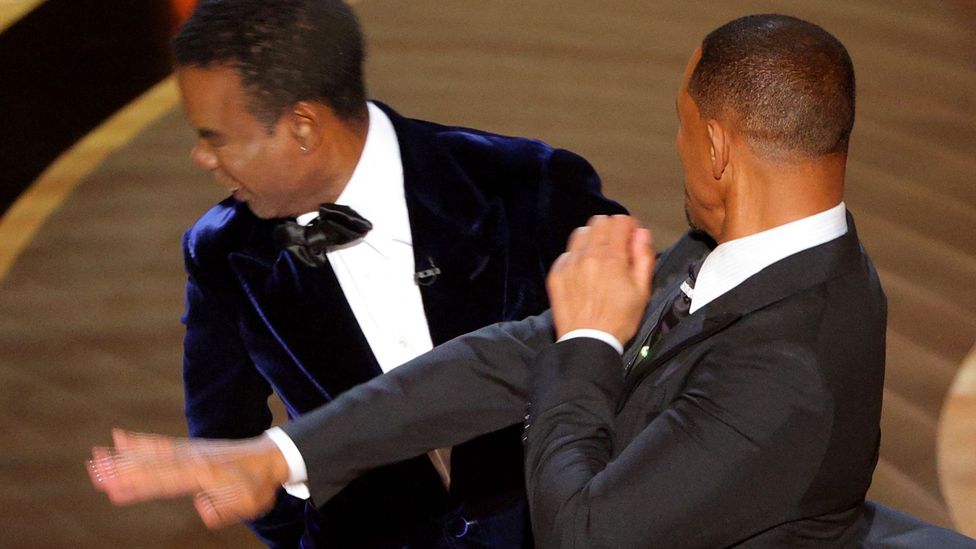
2. The slap and the show
Will Smith might be watching from home in sweatpants, but he hovers over this year’s Oscar show like a ghost, a year after he caused jaws to drop around the world when he slugged Chris Rock on stage. Rock brought the incident back into the news with his recent Netflix special, letting his anger loose in a surgically-precise 10-minute rant against Smith. The Academy, having banned Smith for a decade, has hired a crisis management team in case of any ugly new incidents. But maybe it will all be turned into comedy. Jimmy Kimmel, hosting for the third time, has already started. In a video spoof of Top Gun: Maverick, he is hired by Jon Hamm and Charles Parnell, as their characters from the movie, who are looking for “a host who is unslappable and unflappable”. Kimmel, easygoing and likeable, may be just the guy to defuse any tension. He was hosting and caught off guard in 2017 when La La Land was wrongly announced as the best picture winner instead of Moonlight. If there are mishaps this time, he told the Wall Street Journal, “The only plan I have is to make sure to get up there onstage quickly.” He’s too smart not to have a backup plan. (CJ)
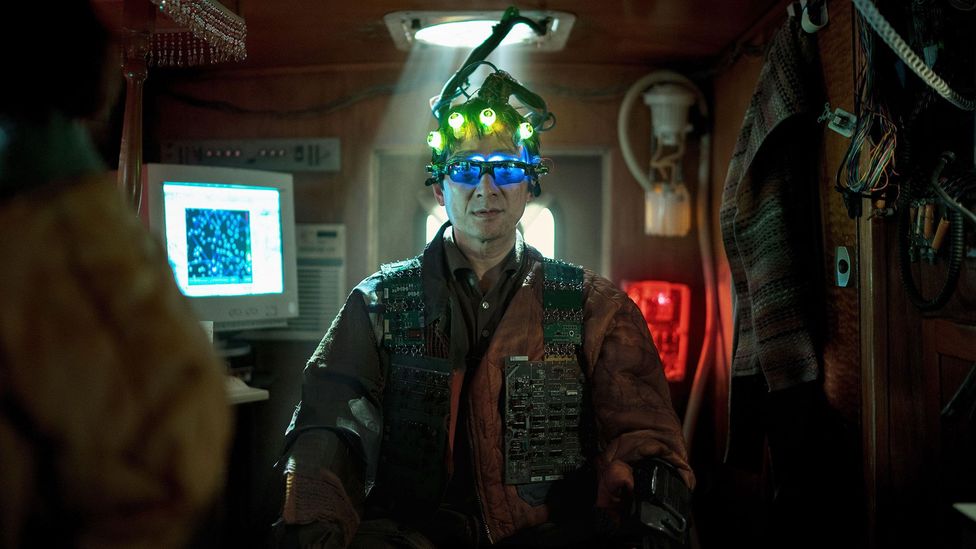
Ke Huy Quan in Everything Everywhere All at Once (Credit: Alamy)
3. The comeback kids get their second act
Hollywood can’t resist comeback stories, and two of them are being told at this year’s Oscars. One of them concerns Brendan Fraser, who was once a Hollywood superstar, acclaimed for his roles both in art-house dramas (Crash, Gods and Monsters) and mainstream fare (The Mummy, George of the Jungle). He slipped off the A-list more than a decade ago amid a flood of personal problems, but now he’s having what his fans are calling a “Brenaissance”: he earnt a best actor nomination for playing a morbidly obese recluse in Darren Aronofsky’s The Whale.
Similarly, Ke Huy Quan, the former child star of The Goonies and Indiana Jones and the Temple of Doom, abandoned acting in the 1990s because there were so few roles for Asian-Americans, but he returned to the big screen in Everything Everywhere All at Once, for which he’s been nominated for a best supporting actor Oscar. (The Quanaissance, anyone?) Still, that doesn’t mean that both Fraser and Quan will win their respective awards. Quan is the favourite for best supporting actor, but for best actor, Fraser may well lose out to Austin Butler, who plays Elvis Presley in Baz Luhrmann’s Elvis. If there’s one thing that the Academy adores even more than a comeback, it’s an actor playing a singer in a showbiz biopic: just think of Rami Malek in Bohemian Rhapsody and Jamie Foxx in Ray. (NB)
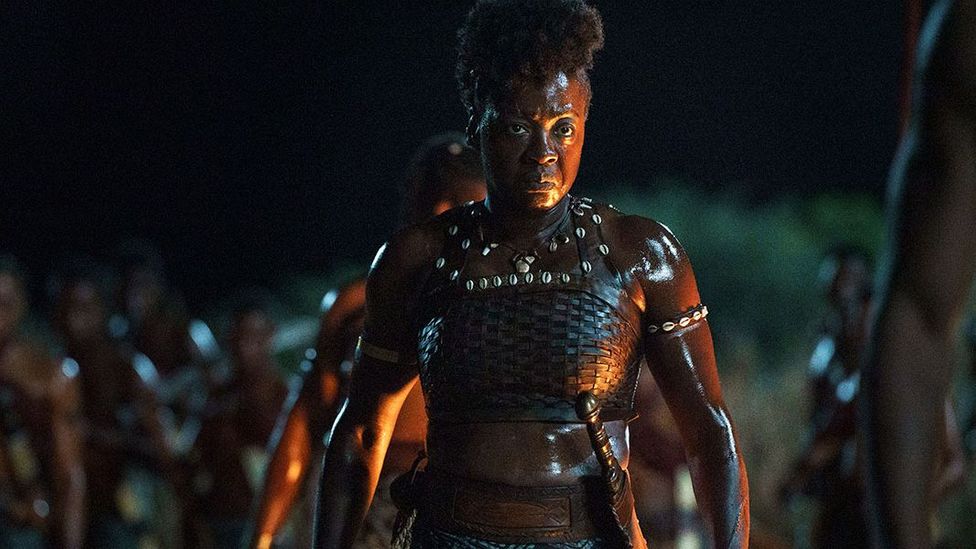
The Woman King (Credit: Sony Pictures)
4. Directors so male
Five slots for best director nominees and none of them are women. Daniel Kwan, the Asian-American half of the team known as Daniels, with Daniel Scheinert, is all that stands between this category being Directors So White as well. The omission of any women or black directors was so conspicuous that Woman King director Gina Prince-Bythewood called it out on behalf of all her snubbed counterparts in a column for The Hollywood Reporter. The other nominees, Steven Spielberg, Todd Field, Martin McDonagh and Ruben Östlund, did fine work, but so did Prince-Bythewood, whose film was brilliantly directed, and Sarah Polley, whose Women Talking is nominated for best picture. In the end, Daniels will very likely get the Oscar for Everything, Everywhere All at Once. They won the top precursors, including the Bafta and the Directors Guild award, and deserve to win for such a spectacular, audacious yet moving and relatable film. But the nominations this year leave a lingering sense of sliding backwards. (CJ)
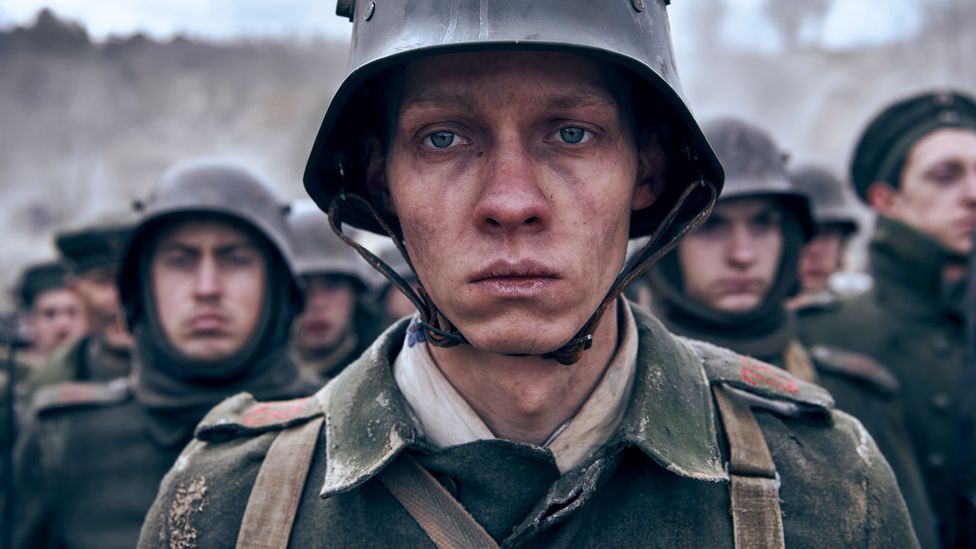
All Quiet on The Western Front (Credit: Reiner Bajo/Netflix)
5. All Quiet… is making noise
Once upon a time, films in the best international feature film category (ie, films not in the English language) would hardly ever turn up in the best picture category, too. But that has changed recently, thanks in part to the influence of Netflix. In the past five years, Roma, Parasite and Drive My Car have all been nominated in both categories, and this year, Germany’s All Quiet on The Western Front has pulled off the same feat. What that suggests is that All Quiet… will almost certainly go on to win best international feature film, just as Roma, Parasite and Drive My Car did. Not that everyone is getting behind Edward Berger’s World War One drama. German critics have condemned it for straying too far from the source novel by Erich Maria Remarque. Other commentators are frustrated that an Indian crowd-pleaser, RRR, wasn’t even nominated for best international feature film, but that’s because India didn’t submit it as the country’s official contender. At least the Oscar-nominated song from RRR, Naatu Naatu, will be performed at the ceremony. (NB)
Oscars 2023 best picture nominees
All Quiet on the Western Front
Avatar: The Way of Water
The Banshees of Inisherin
Elvis
Everything Everywhere All at Once
The Fabelmans
Tár
Top Gun: Maverick
Triangle of Sadness
Women Talking
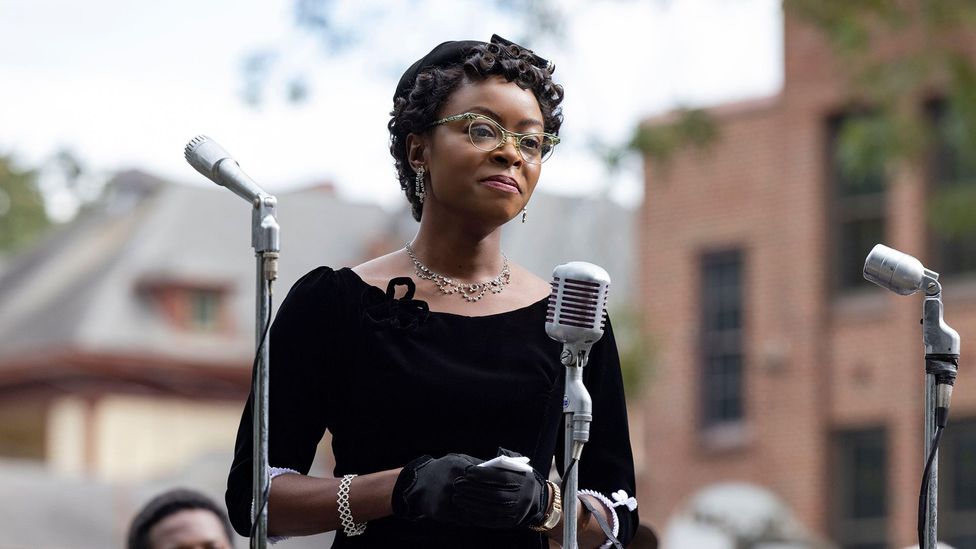
Danielle Deadwyler in Till (Credit: Universal Pictures)
6. The Riseborough case
Danielle Deadwyler seemed sure to get a best actress nomination for her role as the grief-stricken mother in Till. Then Andrea Riseborough came along. Barely a week before voting for nominations closed, social media lit up with celebrities touting Riseborough’s role as an alcoholic (easy Oscar bait) in the teeny-tiny film To Leslie. Edward Norton, Gwyneth Paltrow, Jennifer Aniston and many others promoted her, some pasting in their tweets the same phrase calling To Leslie “a small film with a giant heart”, as friends of the director, Michael Morris, substituted their influence for studio campaign money. Awards analysts saw that two black contenders – Deadwyler, who called the film’s snub “misogynoir,” and Viola Davis in The Woman King – had been elbowed out, leaving the whiff of white privilege hanging over the category. The Academy investigated to see if there were campaign violations, and in the end announced that they would clarify rules for the future. The race itself comes down to Michelle Yeoh, the likely winner, or Cate Blanchett, once assumed to have the award sewn up for Tár. But nominations change careers, and Deadwyler was, as they say, robbed. (CJ)
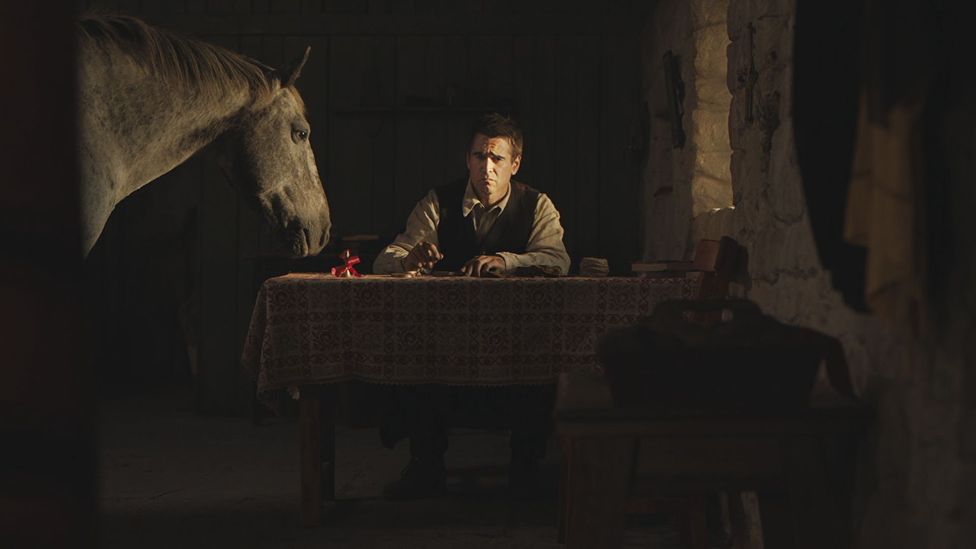
Colin Farrell in The Banshees of Inisherin (Credit: Searchlight Pictures)
7. The Luck of the Irish
Martin McDonagh has now been nominated for three best original screenplay Oscars. He didn’t win for In Bruges in 2009 or for Three Billboards Outside Ebbing, Missouri in 2018, so the Academy might decide that it should be third time lucky for the writer-director’s latest film, The Banshees of Inisherin. Having said that, it looks more likely that the high-concept loopiness of Everything Everywhere All at Once will clinch the screenplay award for Daniel Kwan and Daniel Scheiner. But it’s quite a year for Irish talent, either way. Four of the stars of The Banshees of Inisherin have been Oscar-nominated: Colin Farrell for best actor, Kerry Condon for best supporting actress, and both Brendan Gleeson and Barry Keoghan for best supporting actor. Another Irishman, Paul Mescal, is up for the best actor prize for his role in Charlotte Wells’ debut, Aftersun. If that weren’t enough, Colm Bairéad’s The Quiet Girl, in which the dialogue is in Irish, has secured the country’s first nomination for best international feature film. And Northern Ireland’s An Irish Goodbye is in the short film category. Some Irish eyes are bound to be smiling on Sunday night. (NB)
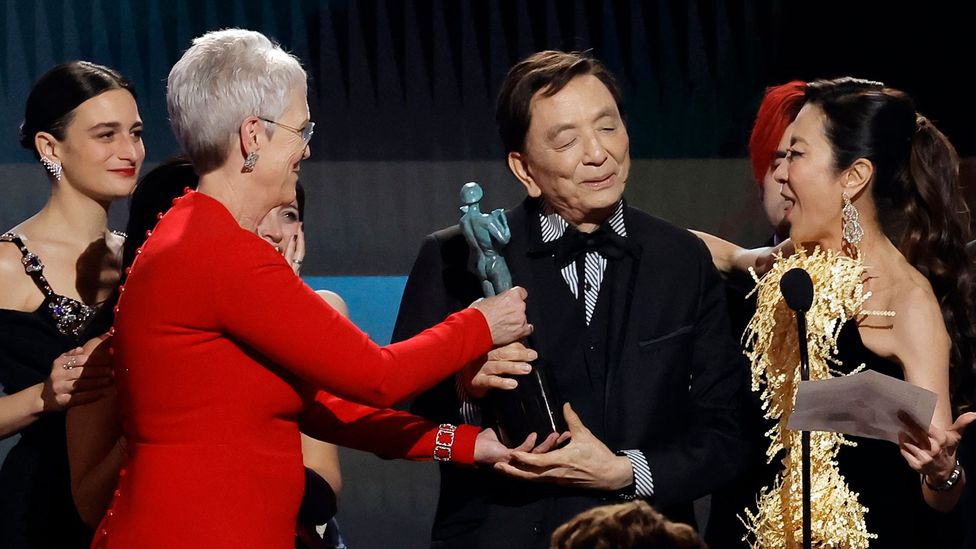
James Hong giving his SAG acceptance speech (Credit: Getty Images)
8. Banner year for Asian actors
Everything Everywhere All at Once almost single-handedly changed the landscape for Asian actors this awards season. When Michelle Yeoh accepted her Golden Globe, she said it was for “every little girl that looks like me”, a theme that has resounded ever since. A record four Asian actors – or actors with Asian heritage – have Oscar nominations his year, including Yeoh for best actress, her co-star Ke Huy Quan, who has yet to lose a major best supporting actor race, and Stephanie Hsu for supporting actress as their daughter in the film. Hong Chau is also nominated in the supporting category for The Whale. James Hong, the 94-year-old actor who played the grandfather in EEAAO, recalled the early days of his career in his SAG acceptance speech for best ensemble. Once, he said, Asian actors weren’t considered good enough, and white actors taped back their eyes to play those roles. “Look at us now!” he cheered. This year’s Oscars at least raise the hope of widening opportunities in the future. (CJ)
Oscars 2023 directing nominees
Martin McDonagh (The Banshees of Inisherin)
Daniel Kwan and Daniel Scheinert (Everything Everywhere All at Once)
Steven Spielberg (The Fabelmans)
Todd Field (Tár)
Ruben Östlund (Triangle of Sadness)
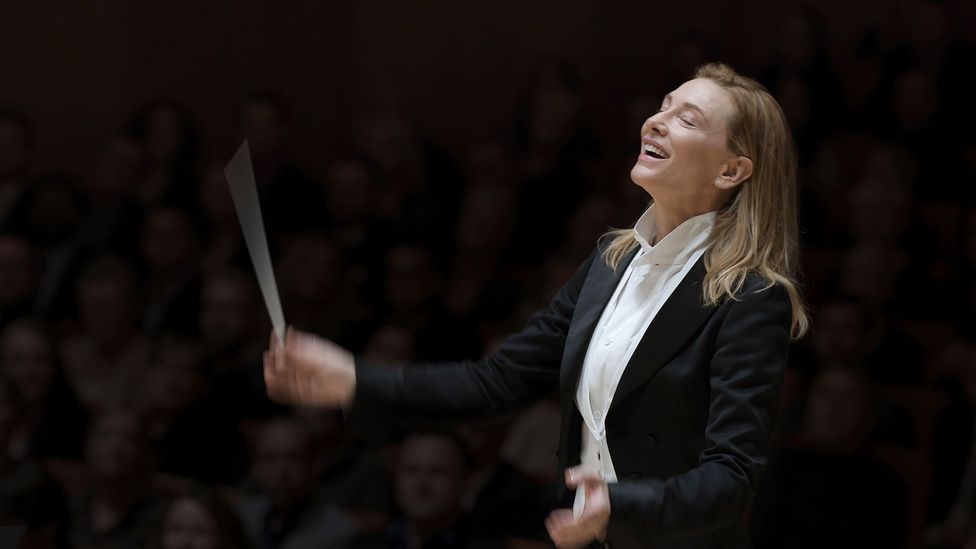
Cate Blanchett in Tár (Credit: Universal Pictures)
9. A sticky situation for Tár
The two women most likely to win the best actress Oscar are Cate Blanchett for Tár and Michelle Yeoh for Everything Everywhere All at Once. But Blanchett has two Oscars already, so the Academy may be inclined to celebrate Yeoh instead. Besides, Tár has been, well, tarred by some controversy. Written and directed by Todd Field, the film is a complex portrait of an internationally renowned conductor who uses her pre-eminence to exploit other women. Marin Alsop, who also happens to be an internationally renowned conductor, took it personally. “I was offended,” she told The Sunday Times. “I was offended as a woman, I was offended as a conductor, I was offended as a lesbian. To have an opportunity to portray a woman in that role and to make her an abuser – for me that was heartbreaking.” Blanchett’s response: “It’s a meditation on power, and… I think that power is a corrupting force no matter what one’s gender is. I think it affects all of us.” (NB)

Alexei Navalny in Navalny (Credit: Warner Bros)
10. Politics, Russia and Ukraine
Navalny, the strong frontrunner for best documentary, premiered at the Sundance Film Festival in January 2022, but this portrait of the Russian resistance leader is timelier than ever, with Alexei Navalny in prison, isolated and in poor health, and more than a year after Vladimir Putin’s army invaded Ukraine. Last year, negotiations for Ukraine President Volodymyr Zelensky to appear in a video message at the Oscars came to nothing. Instead, there was a moment of silence in support of Ukraine and a plea for donations to help its war-torn people – the least pointed response possible. No word on any official mention of Ukraine at this year’s show, and the Academy has again refused to allow Zelensky to address the ceremony – but there may be the same blue ribbons some stars wore to the Baftas, supporting refugees. And there are sure to be political speeches, especially if Navalny wins, as it should. Navalny himself speaks directly to the camera and in one startling episode poses as a Russian government investigator on a phone call to a Putin operative, who admits the government’s plot to poison him. That scene alone might be enough to win an Oscar. (CJ)
Love film and TV? Join BBC Culture Film and TV Club on Facebook, a community for cinephiles all over the world.
If you would like to comment on this story or anything else you have seen on BBC Culture, head over to our Facebook page or message us on Twitter.
And if you liked this story, sign up for the weekly bbc.com features newsletter, called The Essential List. A handpicked selection of stories from BBC Future, Culture, Worklife and Travel, delivered to your inbox every Friday.
;


